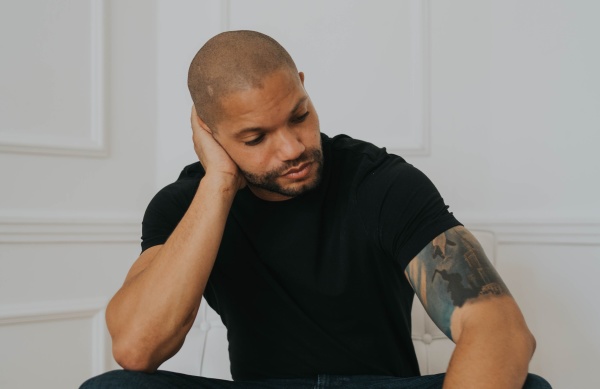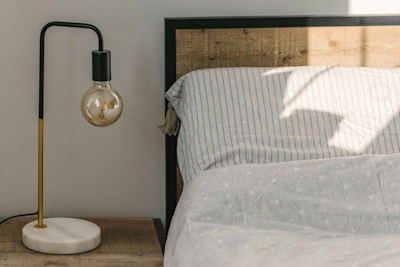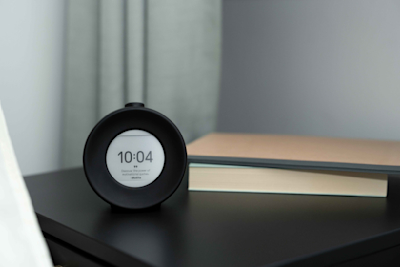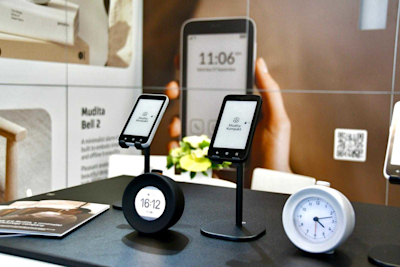
What is digital depression & why does it matter
What is digital depression: How to recognize it, prevent it & treat it.
As our world becomes increasingly digitized, more and more research is emerging on the potential impacts of social media use on mental health. While some studies suggest that social media usage can have some positive effects, such as increased connectedness and being able to stay in touch with loved ones across the globe, other studies have found links between social media use and depression, anxiety, and even addiction. This latter group of research suggests that spending too much time on social media can lead to FOMO (fear of missing out), comparison with others leading to lowered self-esteem, or even isolating oneself from real-life interactions. [1][2]
The impact of Social Media on Mental Health
It's no secret that social media can have a negative effect on mental health. The constant comparisons made between others' highlight reel life and one's own mundane reality can lead to feelings of failure and inadequacy. In addition, narratives surrounding success often leave out the years of hard work and dedication that go into achieving goals; this heightens the sense of emptiness one feels upon scrolling through their feeds.
READ: Is Your Phone Affecting Your Mental Health?
The Dangers of Social Media
Social media can have some serious consequences if used incorrectly. For example, FOMO (fear of missing out) is a real phenomenon which has been linked to depression and anxiety in young people who constantly compare their lives to others online. Scrolling through Instagram comparing our seemingly commonplace existence with someone else's perfect life can trigger feelings of inadequacy And leave us feeling worse about ourselves.. So be mindful about how much time you're spending on social media each day, what sites you're using most often, and whether or not they're making you feel good mentally & emotionally
What is digital depression?
Digital depression is a form of mental health illness that can be caused by social media. It's also known as FOMO, or the Fear Of Missing Out. Symptoms of digital depression include anxiety, decreased well-being, and depression.
How do you know if you are experiencing digital depression?
Social media has become a necessary part of many people's lives. It can be difficult to tell if someone is addicted to social media or not. However, there are some signs which may point to an addiction:
Checking social media accounts very frequently throughout the day
Feeling anxious or uncomfortable when unable to check social media
Using social media as a way to escape from reality
If you believe you or someone close to you might be addicted to social media, it's important to reach out for help. There are professionals who can assist you in dealing with any underlying mental health issues, such as depression and anxiety. Additionally, there are various support groups available if you feel like you need extra assistance overcoming your addiction.
What are the symptoms?
Most people experience some form of social anxiety at some point in their lives. For some, it is a mild and passing feeling, while for others it can be more intense and persistent. Symptoms may include:
intrusive thoughts about being watched or judged by others
avoiding situations where you might be the focus of attention
fear of humiliation or embarrassment
physical symptoms such as sweating, racing heart or dizziness
How can you prevent it?
If you find that social media is negatively impacting your mental health, it's important to take steps to limit its effects. This may mean setting time limits on how much you spend on social media each day, or only using certain platforms. It could also involve unfollowing accounts which trigger negative feelings and start following ones which have meaning and value. If you're concerned about FOMO, remember that everyone's life looks different on social media – people only share the highlights, not the reality. Focus on living your own best life instead of comparing yourself to others online.
How do you treat it?
When it comes to social media and mental health, the best approach is prevention. That means setting limits on yourself, knowing your triggers, and recognizing when you need a break. It also means monitoring your moods and taking breaks as needed. If you find that social media is impacting your mental health negatively, talk to a therapist or counselor about ways to make changes in how you use social media so that it can be more positive for you.
The increase in depression, anxiety, and suicidality in teenagers is likely due to the rise of social media use.
With social media becoming more and more prevalent in society, it’s no surprise that its effects on self-esteem are constantly being studied. While some believe that social media can be harmful to mental health and cause problems such as depression and anxiety, others may see it as a way to easily connect with friends and family, which can actually lead to increased well-being. However, a recent study found that the more time teenagers spend on social media, the more likely they are to experience depression, anxiety, and thoughts of suicide. The rise of social media platforms like Instagram, Snapchat, and Twitter has coincided with an increase in mental health problems in young people. It's not clear exactly why this is happening, however, it seems that constant comparison to other people's perfectly curated lives can lead to feelings of inadequacy and low self-worth. Social media also encourages a fear of missing out (FOMO) which can exacerbate existing anxiety disorders. If you or someone you know is struggling with their mental health, there are many resources available to help. [3]
Bottom Line
As we explore ways to combat digital depression, it's crucial to consider how the technology we use impacts our mental health. Devices like Mudita Kompakt embody a mindful approach, focusing on simplicity and essential functionality. By limiting distractions and offering a streamlined experience, Mudita Kompakt encourages users to cultivate healthier relationships with technology. This aligns with the growing trend toward mindful tech use, helping individuals prioritize meaningful, real-world experiences over constant digital engagement.
When you’re constantly seeing other people’s perfectly curated content, it’s easy to forget that everyone has bad days too. If you find yourself feeling down after scrolling through your feed, take a break from social media and do something that makes YOU happy.
The key to digital wellness is finding balance between maintaining a healthy online presence and taking time to actively live in the present moment in order to prevent any negative consequences associated with social media use.
Although the digital world is filled with amazing opportunities, it also holds the potential to create some serious challenges. Let's make sure we're keeping our tech in check & using it responsibly.
If you enjoyed reading this article, and would like to to learn more about living a more technologically mindful lifestyle, please take a moment to read our other posts on our blog:
Related stories

5 Things Sleep Experts Say We Still Get Wrong About Sleep
Are you making these 5 sleep mistakes? Learn what experts say about sleep trackers, workout timing, and why hitting snooze makes you feel worse, not better.

The Power of Motivational Quotes
Motivational quotes boost focus, resilience, and positivity. Discover their impact and how Mudita Harmony’s Custom Quotes bring meaning to daily life.

Mudita Kompakt & Mindful Tech Shine at IFA Berlin 2025
At IFA Berlin 2025, Mudita Kompakt and our mindful tech products drew attention for offering calm, minimalist alternatives to digital overload.
If you'd like to receive the best stories from our blog, keep up to date with our progress and get notified about our product releases and special discounts.